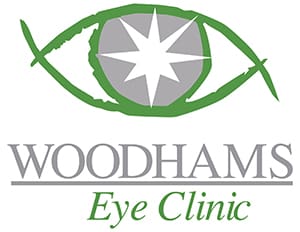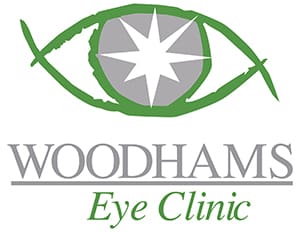If eyes stop growing in your 20s, how is it that some people’s myopia keeps getting worse way into their 40s and 50s?
The human eye rarely continues to grow in length or size past our second decade of life. So nearsightedness, associated with excessive growth of the eye, has usually leveled off by then. The cornea ( which does most of the focusing of the eye) really doesn't...

